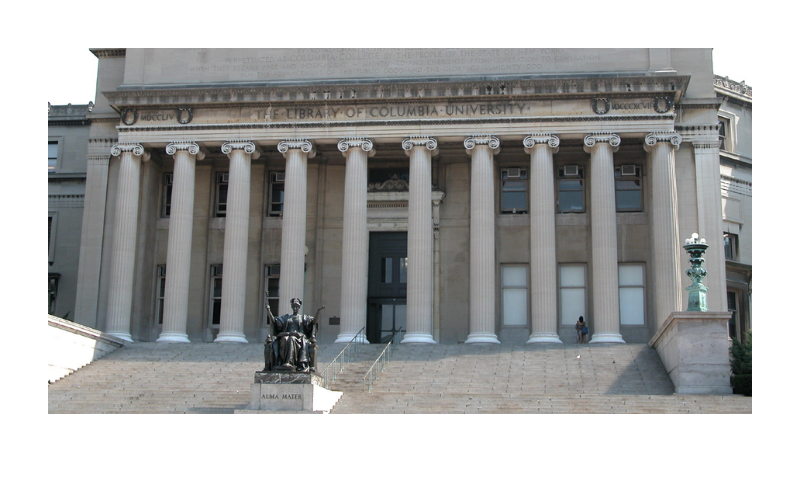Michael Oren
WSJ, Apr. 19, 2023
“I guess the university somehow thinks that supporting terrorism [is] a protected class,” he said. “That could be the only explanation for this investigation.”
Police broke up a pro-Palestinian encampment at Columbia University Thursday, arresting more than 100 protesters for trespassing. The effort followed six months of violent anti-Israel demonstrations that left many Jewish students and faculty members feeling abandoned. Columbia, they said, has become a hotbed of antisemitism and, apart from rhetoric, the administration had done little to combat it. The question is whether Columbia President Nemat Shafik’s decision to summon the police is a one-time response to an endemic threat or a turning point in the fight against Jew-hatred, one that will set an example for universities across the U.S.
The encampment was timed to coincide with Ms. Shafik’s testimony Wednesday before the House Committee on Education and the Workforce. Avoiding the mistakes of her Harvard, Penn and MIT counterparts, who in December played down the plight of Jews on campus, she affirmed that calls for the genocide of the Jews were antisemitic and pledged to punish those using violent language. “Columbia’s policies and structures were sometimes unable to meet the moment,” she admitted. Ms. Shafik listed measures Columbia had taken, including restricting anti-Israel protests to designated campus areas and appointing a task force to recommend ways to fight antisemitism at the university.
Missing was an admission of the university’s failure to enforce the measures it had enacted to protect its Jewish community. She didn’t address how, under the banner of free speech, Columbia became inhospitable to Jews. She didn’t acknowledge how incendiary demonstrations such as the encampment were the product of the university’s inaction. … [To read the full article, click here]


